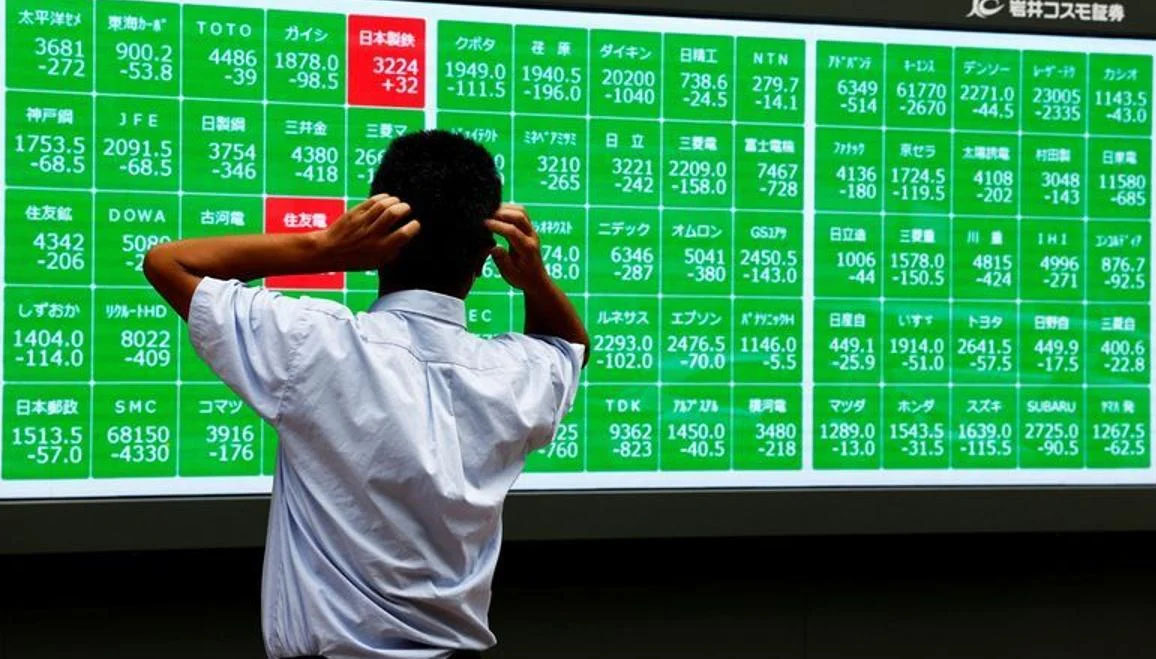
The severity of the decline was unprecedented in recent history. The Nikkei lost 4,451.28 points, shattering the previous record of 3,836.48 points lost on October 20, 1987. This drop pushed the index firmly into bear market territory, having fallen 27% from its peak of 42,426.77 on July 11, 2024.
Japanese Finance Minister Shunichi Suzuki responded to the crisis, stating that the government was monitoring markets with "grave concern." However, he admitted uncertainty about the precise causes, saying, "It's hard to say what is behind the decline in stocks."
The yen's rapid appreciation against the dollar exacerbated the situation. Rising 14% in less than a month, the currency's strength was partly attributed to the Bank of Japan's recent interest rate hike. This move, while intended to stabilize the economy, may have contributed to the market's volatility.
Global markets felt the aftershocks of Japan's tumble. South Korean and Taiwanese markets each plummeted more than 8% at one point on Monday. When U.S. markets opened, the Dow Jones Industrial Average plunged over 1,000 points, while the NASDAQ lost 6% and the S&P 500 decreased by 4.2%.
The "Sahm rule," an economic indicator predicting recessions, was triggered by Friday's U.S. jobs data, further fueling pessimism among investors. This rule suggests an economy is in the early stages of recession when the three-month moving average of unemployment rises 0.5 percentage points above its 12-month low.

















